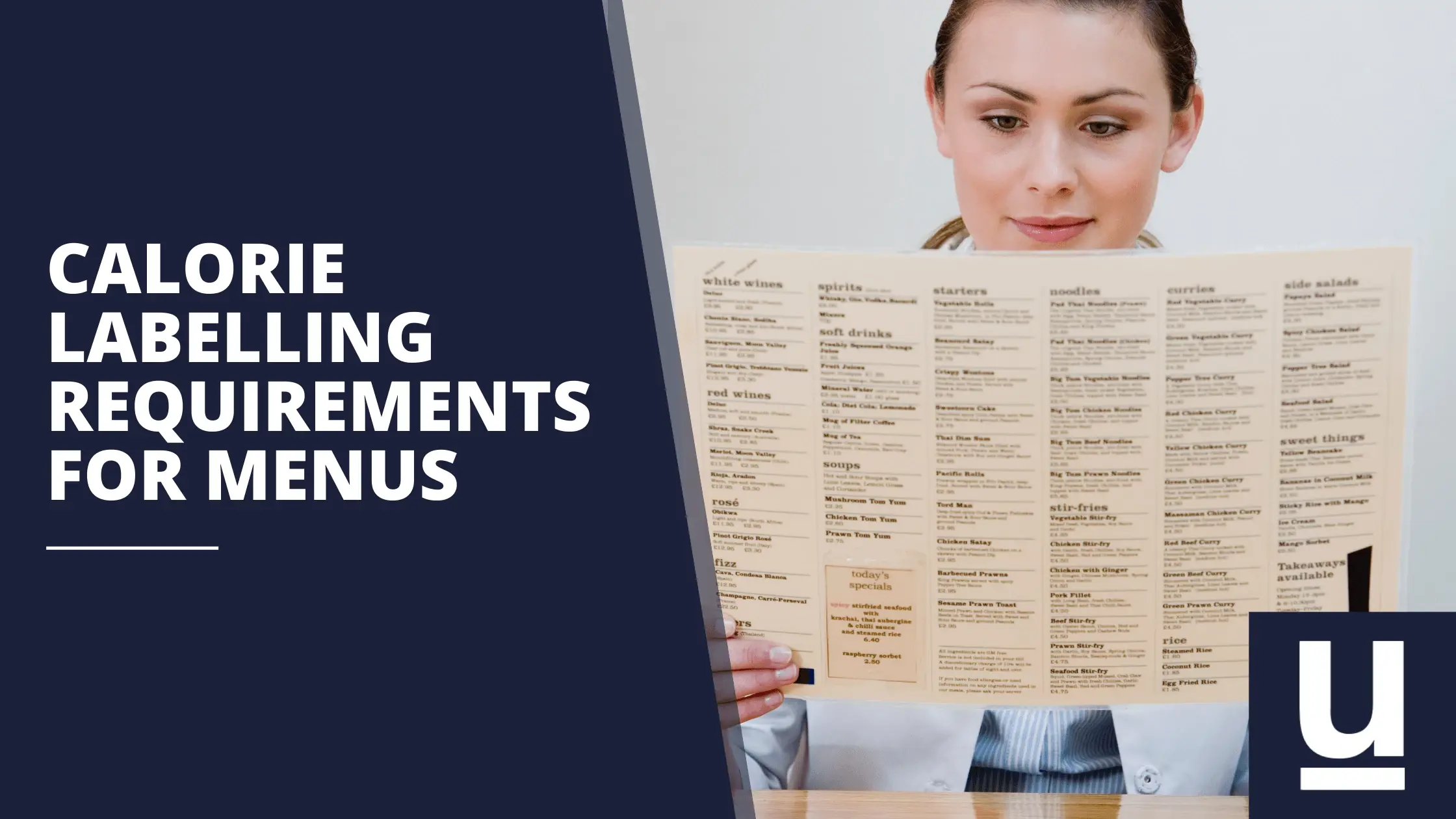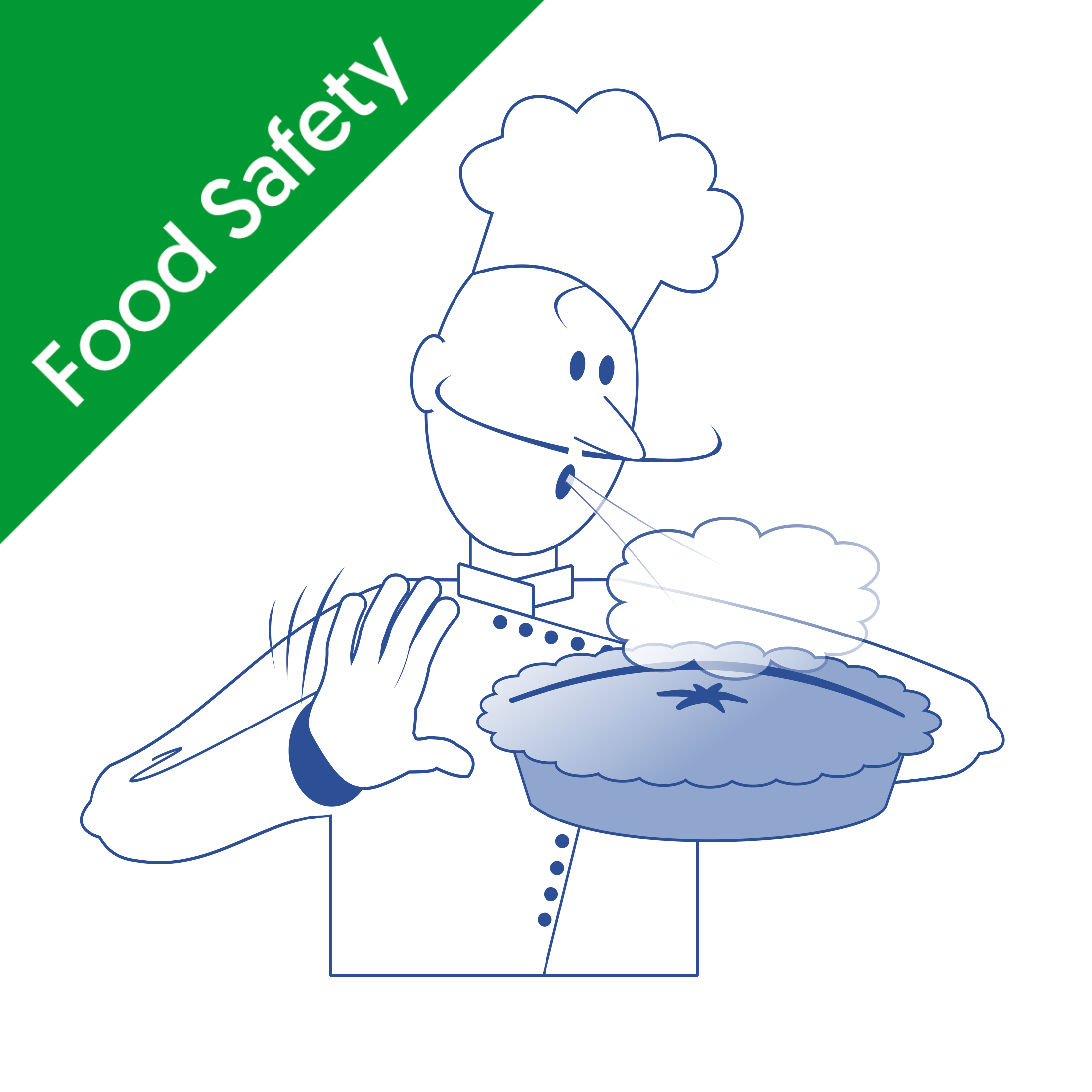What are calories?
Calories are used to measure the amount of energy in food or drink. Of course, it goes without saying that we need to consume food and drink to get the energy we need to live, but consuming too many calories can lead to weight gain.
To maintain a stable weight, a person must eat the same number of calories as they use during the day. The NHS recommends that men eat 2500 calories per day and women eat 2000 calories per day. Still, these values will change depending on several factors, such as a person's age and the level of physical activity they partake in.
In contrast, a person who is attempting to lose weight should consume fewer calories than they use. This can be done either by cutting calories from their diet, or by partaking in physical activity to increase the amount of energy they use. Even moderate activity can significantly increase the number of calories burned and lead to weight loss.
The exact body weight that someone should be varies based on several different factors. For more information on healthy weight, click here to visit the NHS website.
What are the calorie labelling requirements?
From April 2022, certain large businesses will be required to display calorie information for all non-prepacked food and soft drink items. This is any food or soft drink that is sold without packaging, such as meals in a restaurant or cakes in a café.
This requirement applies to all out-of-home food businesses with at least 250 employees, such as cafes, restaurants or takeaways.
Calorie information can be displayed in various ways, such as on a menu, label or food delivery service, as long as it is provided to the customer before the point of choice.
Businesses can also provide menus without calorie information to customers if they specifically request one, allowing those with eating disorders or difficulties viewing calorie counts to avoid this information.
Why is calorie labelling important?
The mandatory calorie labelling requirements are being implemented as part of a government plan to tackle obesity and promote public health. Their intention is to help people make more informed choices when eating out and better understand their calorie intake.
For example, seeing an item's calorie count may prompt a person to choose an alternative dish with fewer calories or select a smaller serving size to manage their daily calorie intake.
It is also beneficial for those attempting to gain or lose weight, and are using calorie counters to help them do so, because it increases the accuracy of their count.
What is the government's obesity strategy?
Mandating calorie labelling on menus is just one measure in the government's strategy to tackle obesity. Some of the additional measures that the government is taking include:
- Introducing the Better Health campaign, which is designed to provide people with the tools and advice they need to help them lose weight and keep it off.
- Expanding the weight management services that are available on the NHS.
- Beginning a consultation on plans to require calorie labels to be printed on alcoholic drinks.
- Creating legislation that prevents foods high in fat, sugar or salt from being included in volume promotions (such as buy one, get one free) or being positioned in prominent locations in an attempt to encourage purchases.
- Banning the advertisement of foods high in fat, sugar or salt on TV or online before 9 pm.
Why is the government tackling obesity?
Obesity is a significant health issue, and is associated with reduced life expectancy and poor mental health. It is also a risk factor for several diseases, including cardiovascular disease, cancer, type 2 diabetes, and liver disease.
NHS data from 2020 shows that around 63% of people in England are above a healthy weight, which poses a number of significant health risks. One of the main reasons for this is that it is challenging to lose weight, especially when we are left uninformed about the food we are eating, or bombarded with adverts and offers that tempt us to buy unhealthy food.
Implementing the measures above will help people to make healthier choices, achieve a healthy weight, and improve their overall health.
For more information on food safety and labelling, consider taking one of our food hygiene courses:








